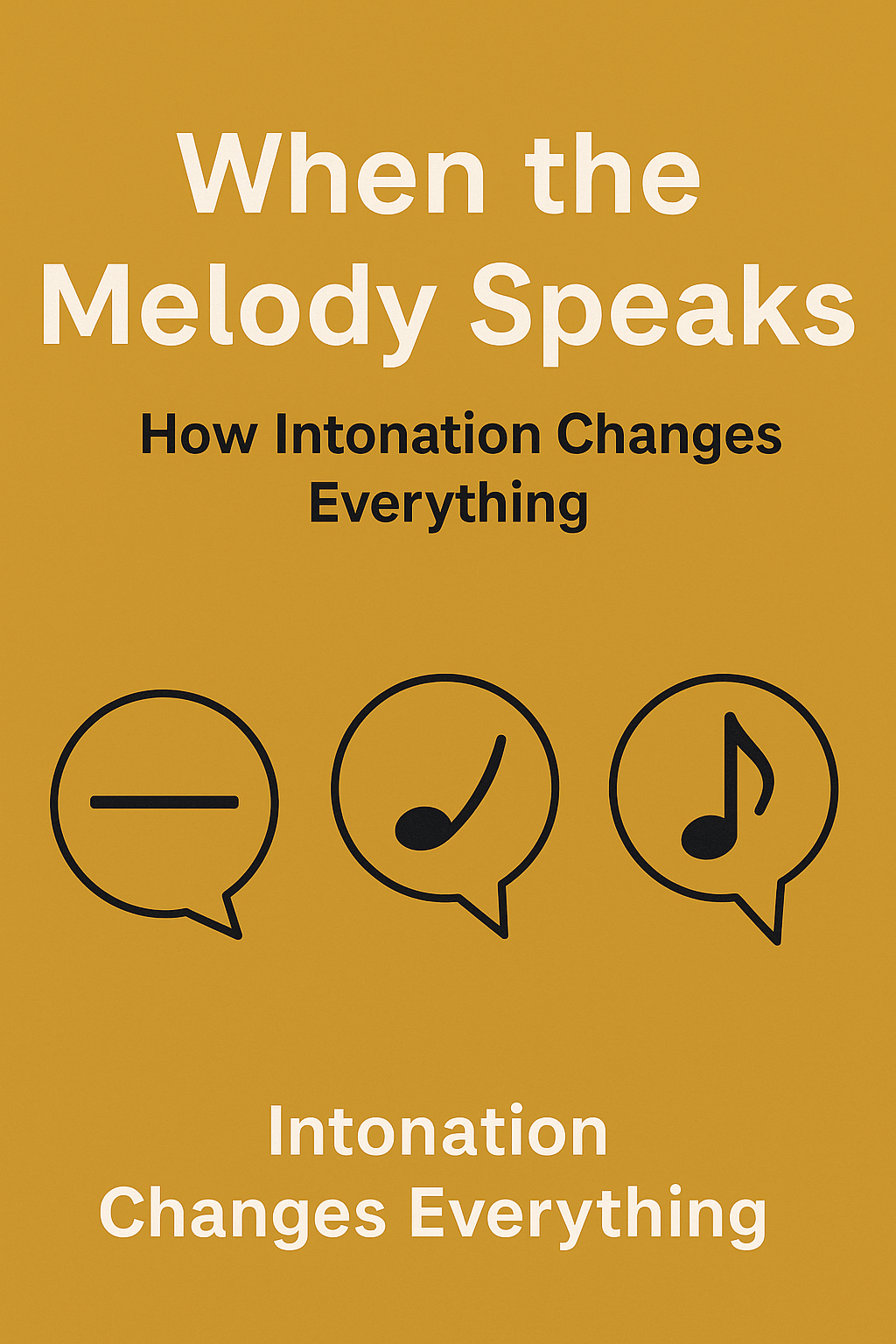How Foreign Words Retain Their Sound — and Why That Matters
“If it looks German, it must sound German… right?”
Not always.
Words like Job, Kierownik, Cheflub Visum may look like part of the German language — but they didn’t start there. And they don’t always sound the way you’d expect.
This is why learners misread them. And why native speakers often hear something… wrong.
Let’s break the myth.
Two Kinds of ‘V’ in German: [f] vs [v]
German has a clear split in how it pronounces the letter V — and it depends on where the word comes from.
| Word | Sound | Origin | Pronunciation |
|---|---|---|---|
| Vater, Vogel, Volk | [f] | Native German | [ˈfaːtɐ], [ˈfoːɡl̩] |
| Vase, Visum, Vision | [v] | Borrowed (Latin/French) | [ˈvaːzə], [ˈviːzʊm], [ˈvɪzi̯oːn] |
🎧 Rule of thumb:
If you’ve seen the word before learning German — it’s probably borrowed.
If you’ve never heard it before — it might be a native German word.
Borrowed Words Often Keep Their Sound
This is especially true for:
- Professions: Kierownik, Trainer, Designer
- Technical terms: Computer, Scanner, Online
- Food and culture: Curry, Café, Chef
📌 Many learners say “Йоб” or “Манагер”, following German spelling rules — but that leads to misunderstandings.
The correct pronunciation is [dʒɔb], [ˈmɛnɪdʒɐ] — just like in English.
Why This Matters in Real Life
Pronouncing a borrowed word “too German” can sound:
- Unnatural at best
- Confusing or even offensive at worst
For example, the word Job mispronounced as [jɔp] might sound like a totally different word — or a threat.
(We’ve already written about that — read the full story here).
Your Brain Already Knows These Words
That’s the real takeaway.
If you’ve heard the word in English or French before, your brain already has the melody — and German often keeps it.
“Don’t fight your intuition. Use it.”
That’s not just a strategy — it’s how language works.
Conclusion: Sound Foreign, Speak Right
German is logical.
But it’s also global — and it borrows a lot.
The logic is this: not all German words are fully German. And that’s okay.
Learning to hear which words are “guests” in the language helps you:
- pronounce better
- be understood
- and speak with confidence
And the best part?
You probably already know more German than you think — if you just let your ears guide you.
✍️ Written by Tymur Levitin
Founder, Director, and Lead Instructor of Levitin Language School
(Rozpoczęcie szkoły językowej przez Tymura Levitina)
📎 Category:
Language Myths Busted (Author’s Column by Tymur Levitin)
© Copyright:
© Tymur Levitin, 2025
Author’s column by Tymur Levitin — founder, director, and lead instructor at Szkoła językowa Levitin (Rozpoczęcie szkoły językowej przez Tymura Levitina)
All rights reserved. Do not reproduce without permission.
🔗 Learn more:
📣 Follow us:
Telegram: @START_SCHOOL_TYMUR_LEVITIN
WhatsApp / Viber: +380 93 291 34 29
Facebook Group: Click here
TikTok:
- 🇺🇦 https://www.tiktok.com/@start_language_tymur
- 🌍 https://www.tiktok.com/@start_tymur_levitin
Instagram: - https://www.instagram.com/timurlevitin/
- https://www.instagram.com/tymur_levitin/
Threads: https://www.threads.net/@timurlevitin
Tymur’s blog: https://timurlevitin.blogspot.com/
YouTube Shorts: LANGUAGES_with_TYMUR_LEVITIN
























